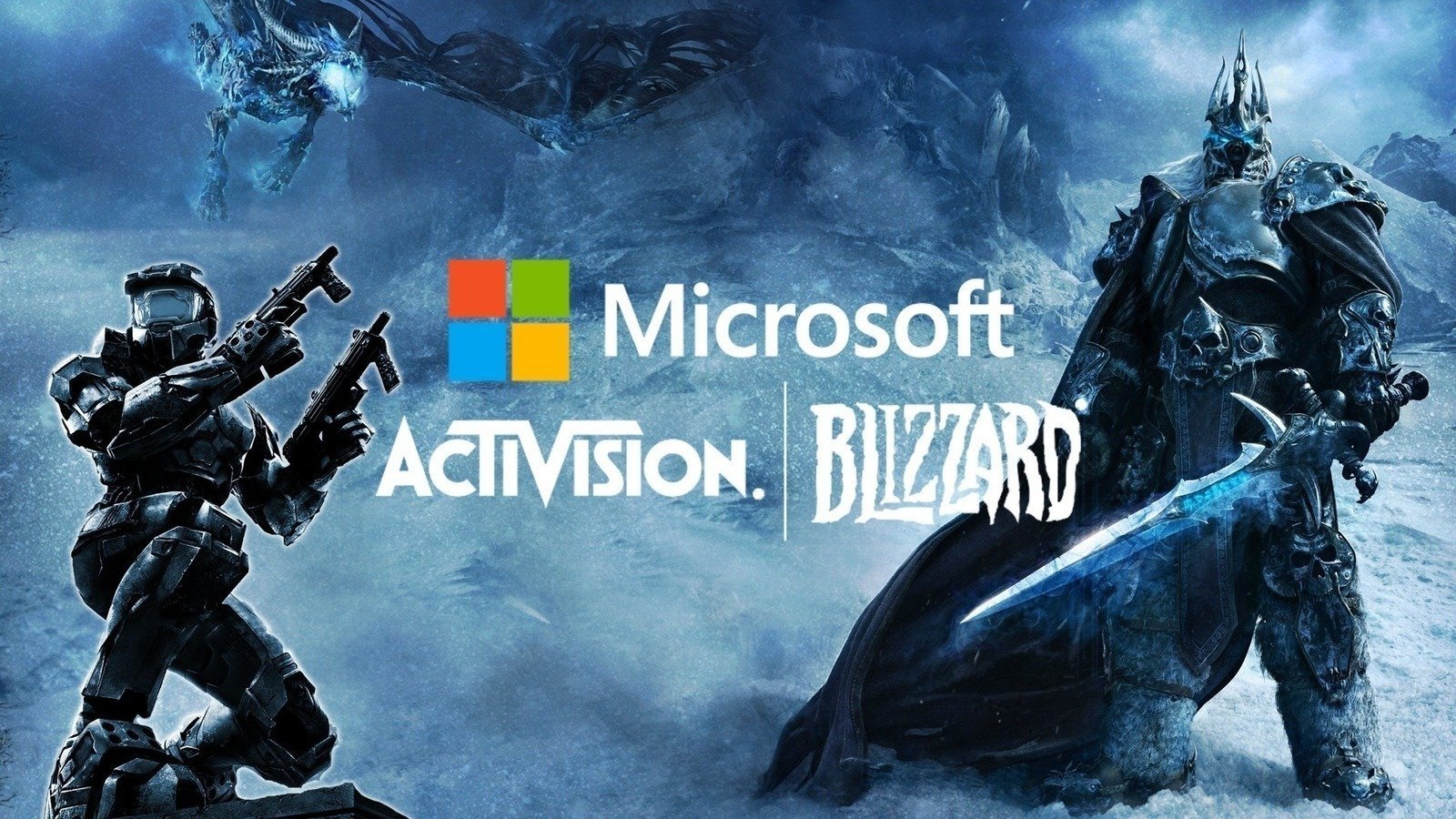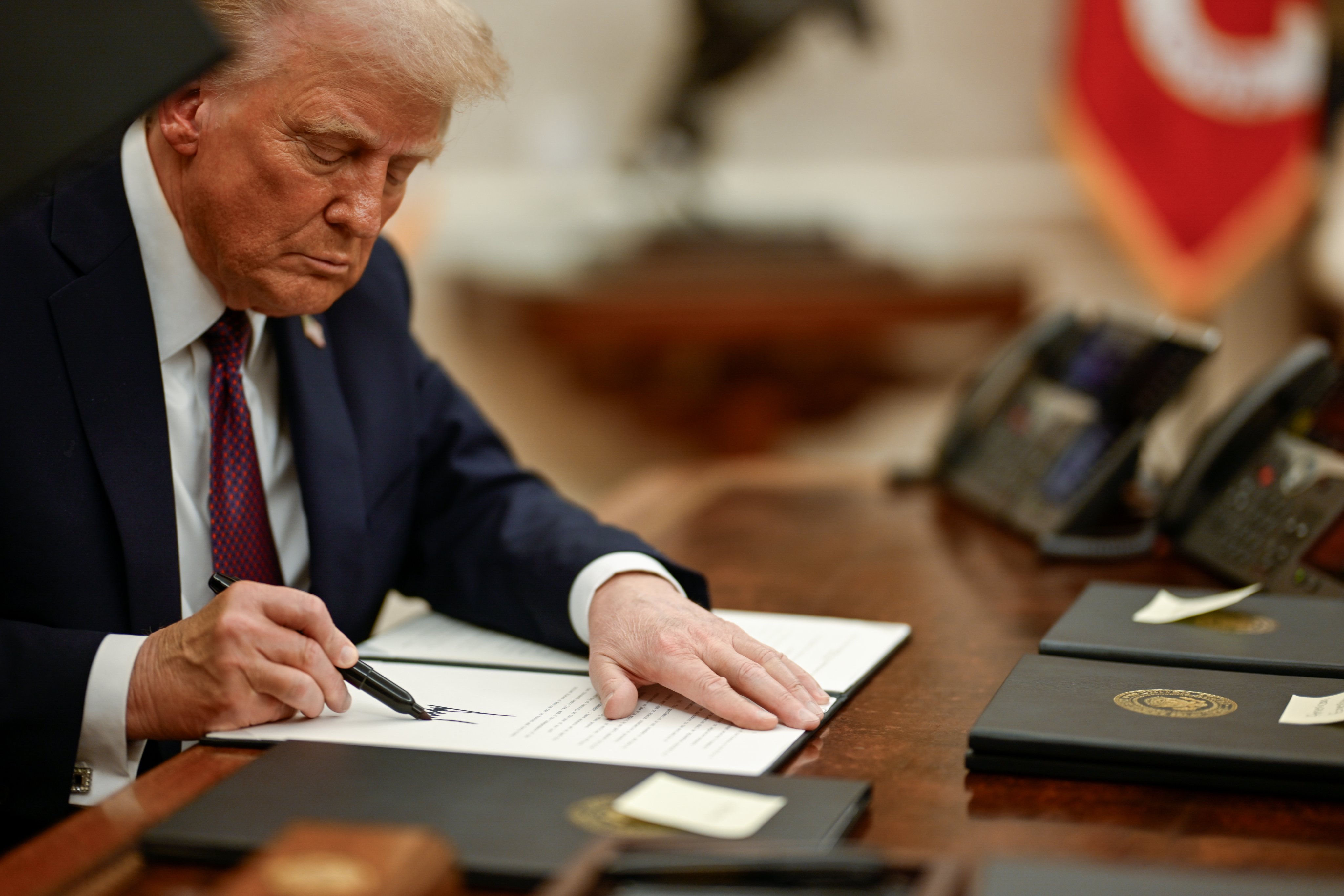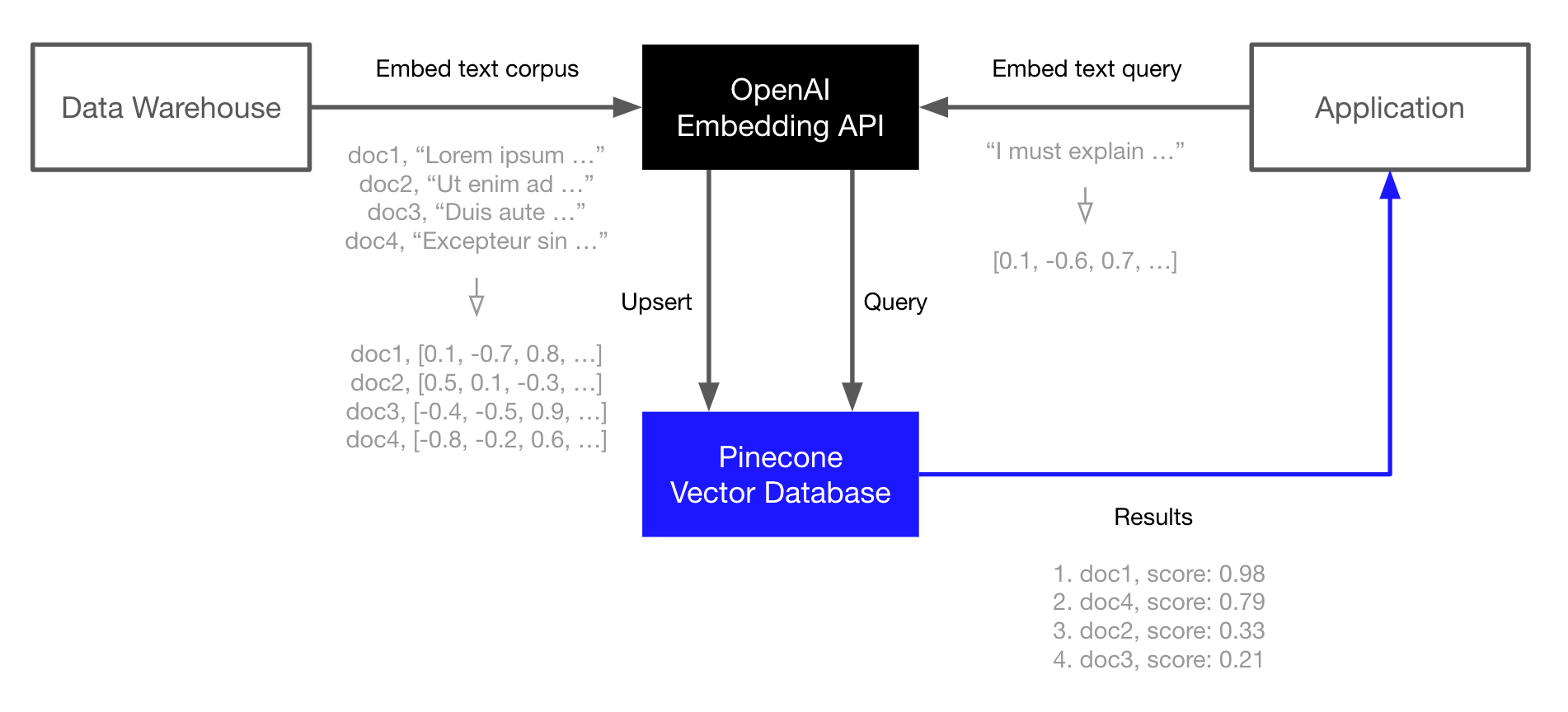Activision Blizzard Acquisition: FTC's Appeal And Future Uncertainty

Table of Contents
The FTC's Case Against the Activision Blizzard Acquisition
The FTC's opposition to the Activision Blizzard Acquisition rests on concerns regarding potential anti-competitive practices. Their primary argument centers around Microsoft's already substantial presence in the gaming market and the potential for monopolistic behavior following the acquisition.
-
Concerns about Microsoft's dominance: The FTC worries that Microsoft's control of Activision Blizzard's popular franchises, especially Call of Duty, would give them an unfair advantage over competitors. This could lead to higher prices, reduced innovation, and less choice for gamers. The concern is particularly acute given Call of Duty's massive and dedicated player base.
-
Stifling competition and harming consumers: The FTC alleges that the merger would lessen competition, harming consumers through higher prices for games, less innovative game development, and fewer choices in gaming platforms and content. The argument is that Microsoft could leverage its ownership of Activision Blizzard to exclude rivals from accessing key titles or technologies.
-
Harm to innovation and choice: The FTC argues the Activision Blizzard Acquisition would reduce competition, negatively impacting innovation within the gaming industry. A lack of competition often leads to stagnation in features, quality, and overall gaming experiences. Consumers, the FTC argues, would lose out on diverse gaming options and technological advancements.
-
Antitrust laws employed: The FTC's case relies on various antitrust laws designed to prevent monopolies and maintain fair competition. They primarily cited sections of the Clayton Act and the Federal Trade Commission Act, focusing on the potential for substantial lessening of competition.
The Judge's Ruling and the FTC's Appeal
A federal judge initially dismissed the FTC's lawsuit, allowing the Activision Blizzard Acquisition to proceed. This ruling was based on several key arguments presented by Microsoft's legal team.
-
Judge's reasoning: The judge largely sided with Microsoft, finding the FTC's evidence insufficient to prove that the merger would substantially lessen competition. The judge's decision emphasized the lack of clear evidence demonstrating that Microsoft would leverage its ownership of Activision Blizzard to harm competitors or consumers.
-
Legal precedents used: The ruling considered various legal precedents related to antitrust law, focusing on the balance between preserving competition and allowing for business growth through mergers and acquisitions.
-
FTC's appeal: Unsatisfied with the ruling, the FTC decided to appeal the decision, arguing that the judge misapplied antitrust law and failed to consider the long-term implications of the merger on the gaming industry. This appeal represents a significant escalation in the legal battle.
-
Likelihood of success on appeal: The success of the FTC's appeal remains uncertain. The appellate court will review the judge's decision and the evidence presented, potentially considering new arguments and evidence not included in the initial trial. The outcome significantly depends on the court's interpretation of antitrust law and the weight given to the evidence provided by both sides.
Potential Outcomes of the Appeal
Several scenarios could emerge from the FTC's appeal:
-
Scenario 1: FTC victory: If the FTC wins the appeal, the acquisition could be blocked completely, or Microsoft might be forced to make significant concessions, such as divesting certain Activision Blizzard assets. This outcome would represent a major win for antitrust enforcement.
-
Scenario 2: Appeal dismissed: If the appeal is dismissed, the acquisition will likely proceed as planned, solidifying Microsoft's position in the gaming market and setting a precedent for future mergers.
-
Scenario 3: Negotiated settlement: A negotiated settlement between Microsoft and the FTC is also possible. This might involve Microsoft agreeing to certain conditions or concessions to address the FTC's concerns without completely blocking the merger. This scenario is often favored as it avoids prolonged legal battles and associated costs.
Implications for the Gaming Industry and Antitrust Law
This case has far-reaching implications for both the gaming industry and the interpretation of antitrust law.
-
Future mergers in gaming: The outcome of the appeal will significantly shape future merger and acquisition activity within the gaming sector. A ruling against Microsoft could deter future attempts at large-scale consolidations within the industry.
-
Antitrust precedent: This case sets an important precedent for antitrust enforcement in the technology sector, affecting how regulators approach mergers and acquisitions in rapidly evolving digital markets.
-
Consumer prices and competition: The outcome will ultimately affect consumer prices, the availability of games, and the overall level of competition within the gaming market. A merger that leads to a monopoly can result in higher prices and reduced innovation. Conversely, a competitive market usually leads to lower prices and better gaming experiences.
-
Related Keywords: Microsoft, Call of Duty, antitrust, gaming market, merger regulation, Activision Blizzard games, game industry mergers.
Conclusion
The FTC's appeal against the Activision Blizzard Acquisition is a pivotal moment for the gaming industry and antitrust law. The decision will profoundly affect the competitive landscape, setting a precedent for future mergers and acquisitions in the technology sector. The uncertainty surrounding the appeal highlights the complexities of navigating antitrust regulations in such a dynamic market.
Call to Action: Stay informed about the ongoing legal battle surrounding the Activision Blizzard Acquisition. Follow developments closely to understand the implications for the gaming industry and the future of antitrust enforcement. Regularly check for updates on this landmark case and its effect on the future of Activision Blizzard and Microsoft.

Featured Posts
-
 Trump Executive Orders And Their Impact On Transgender Individuals Your Stories Matter
May 10, 2025
Trump Executive Orders And Their Impact On Transgender Individuals Your Stories Matter
May 10, 2025 -
 Open Ai Simplifies Voice Assistant Creation Unveiled At 2024 Developer Event
May 10, 2025
Open Ai Simplifies Voice Assistant Creation Unveiled At 2024 Developer Event
May 10, 2025 -
 Overtime Victory For Oilers Draisaitl Hits 100 Point Mark
May 10, 2025
Overtime Victory For Oilers Draisaitl Hits 100 Point Mark
May 10, 2025 -
 Cite De La Gastronomie De Dijon L Affaire Epicure Et Les Responsabilites Municipales
May 10, 2025
Cite De La Gastronomie De Dijon L Affaire Epicure Et Les Responsabilites Municipales
May 10, 2025 -
 Flat Market Close Sensex Nifty 50 Unmoved Despite Bajaj Twins Dip And Geopolitical Uncertainty
May 10, 2025
Flat Market Close Sensex Nifty 50 Unmoved Despite Bajaj Twins Dip And Geopolitical Uncertainty
May 10, 2025
